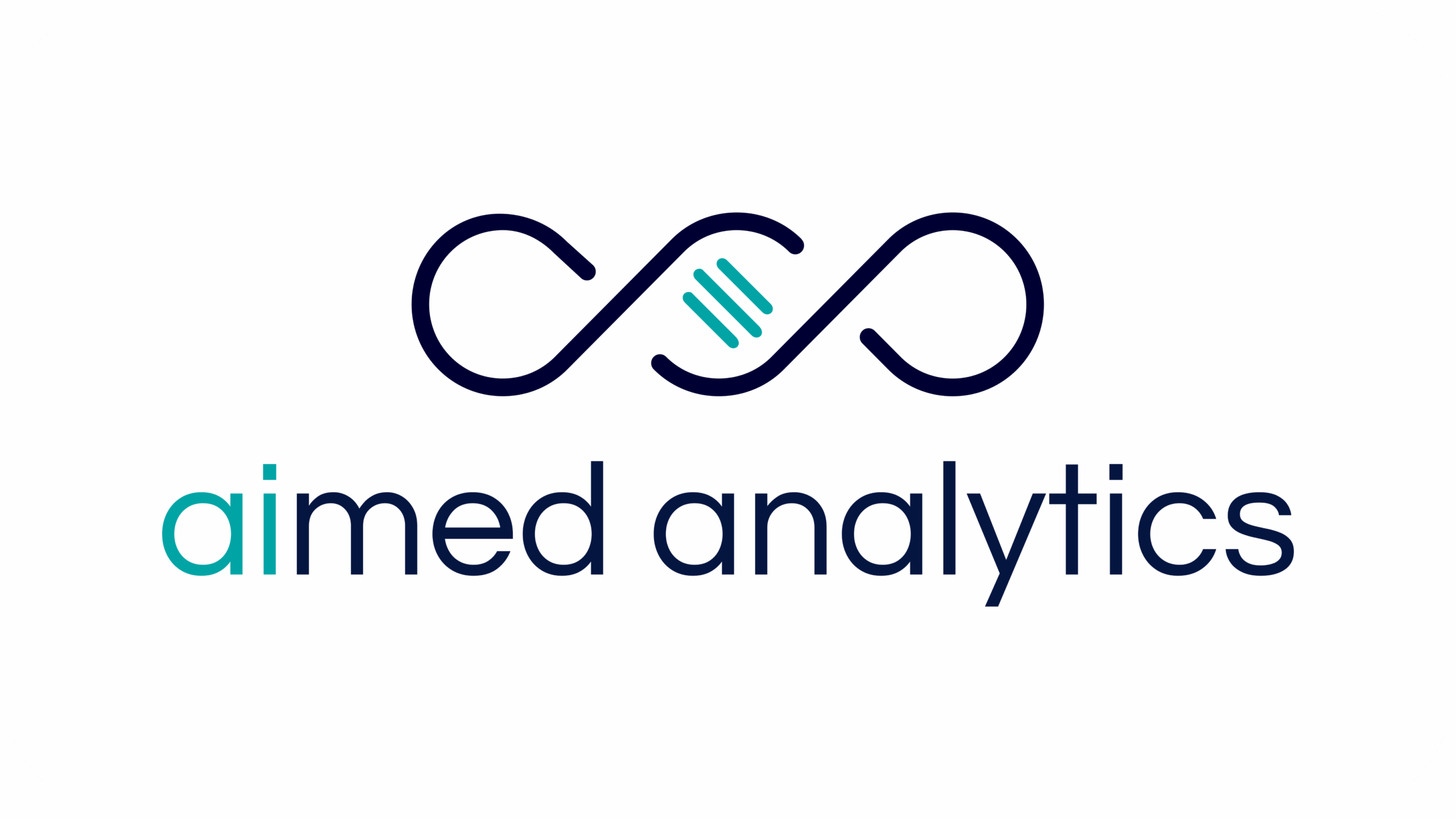A new gateway to global antimicrobial resistance data

New online portal connects bacterial genomes with experimental resistance data to support antimicrobial resistance research

Summary
- The antimicrobial resistance (AMR) portal is a central hub for accessing AMR genotype and phenotype data.
- Built on EMBL-EBI infrastructure in collaboration with researchers from Imperial College London, the AMR portal connects many EMBL-EBI open data resources and includes newly annotated bacterial genomes.
- The portal enables researchers to browse, analyse and download AMR data to support research, as well as the development of machine-learning tools.
Antimicrobial resistance (AMR) is a growing health challenge, reducing the effectiveness of life-saving treatments and increasing the risk of complications from routine medical procedures.
To support global AMR research, EMBL’s European Bioinformatics Institute (EMBL-EBI) has launched the AMR portal, a central hub that connects bacterial genomes, resistance phenotypes, and functional annotations, all in one place.
The first release of the AMR portal is based upon a dataset from Imperial College London obtained from the Comprehensive Assessment of Bacterial-Based Antimicrobial resistance prediction from GEnotypes (CABBAGE) project. The AMR portal ensures long-term availability, standardisation, and reusability of AMR data.
“Antimicrobial resistance is one of the most pressing challenges in global health,” said Helen Parkinson, Section Head at EMBL-EBI. “The work on the AMR portal brings together Imperial College researchers and EMBL-EBI expertise to provide global access to genomic and antibiotic resistance knowledge. This lays the groundwork for AMR research and simplifies access for global users.”
What does the AMR portal provide?
The AMR portal brings together experimental and computational data types, allowing researchers to investigate how genetic variants translate into antimicrobial resistance.
Users can explore data such as:
- Minimum inhibitory concentration (MIC) values, which represent the lowest concentration of an antimicrobial drug that prevents the growth of a specific microorganism
- Microorganism sensitivity to antibiotics
- Resistance markers generated through EMBL-EBI’s annotation workflows, which identify known resistance genes and mutations from DNA sequences
- Sample metadata, including information about the included bacteria, experimental methods, and the provenance of the dataset
By providing high-quality, structured data at scale, the AMR portal also creates a foundation for training and benchmarking machine learning systems that can predict resistance from DNA sequences and improve how resistance is detected and monitored.
“The aim of the CABBAGE database was to bring together all publicly available genomic and antimicrobial resistance data in a consistent, reusable format,” said Leonid Chindelevitch, Associate Professor in Antimicrobial Resistance at Imperial College London. “Working with EMBL-EBI to create the AMR portal means these data are openly accessible, allowing the global research community to explore resistance mechanisms more effectively, build stronger evidence to support public health decisions, and promote the development of more accurate diagnostics.”
Built across EMBL-EBI infrastructure
The AMR portal is powered by EMBL-EBI’s data infrastructure, bringing together genome sequences, protein and functional annotations, and microbial data into a single, integrated system. It draws on EMBL-EBI core resources, pulling in data and software from the European Nucleotide Archive (ENA), BioSamples, UniProt, InterPro, MGnify and Ensembl.
“This project demonstrates the strength of EMBL-EBI’s integrated infrastructure,” said Andy Yates, Team Leader at EMBL-EBI. “By combining data, tools, and expertise from across the institute, we can make complex biological information accessible and usable at scale. The AMR portal is a fantastic example of how our shared infrastructure enables us to support the global research community.”
The AMR portal project brings together EMBL-EBI’s research and service teams, combining expertise in genomics, proteins, microbiomes, and data standards to deliver a unified resource.
“This new AMR resource from EMBL-EBI provides an unprecedented, openly curated collection of antimicrobial resistance phenotype data,” said Kate Baker, Professor in the Department of Genetics at the University of Cambridge. “By linking phenotypic measurements with genomic information, this initiative makes it easier for researchers to better understand the relationship between genotype and antimicrobial resistance and will support the global scientific effort to combat AMR.”
Looking ahead
This release marks the first phase of the AMR portal with more features and data still to come. Next steps will focus on community data submissions so researchers can contribute their own antibiotic resistance data, including laboratory results and published studies. There are also plans to expand the range of annotated resistance genes available and include protein and functional annotations from UniProt and InterPro.
“This is phase one. The next step is to lower the barrier for people generating AMR data so it can be deposited into EMBL-EBI’s archives,” said John Lees, Group Leader at EMBL-EBI. “As more groups contribute, this portal will naturally expand and become an increasingly powerful resource for the global AMR community, enabling the creation of benchmarking datasets for AMR prediction tools, and helping track resistance trends over time.”
Funding
This work was supported by EMBL, UKRI Medical Research Council (MRC) through the CABBAGE project and Wellcome through their consolidated funding arrangement for EMBL-EBI data resources. Continued growth in the service EMBL-EBI can offer users was made possible via the UK Research and Innovation Infrastructure Fund.




